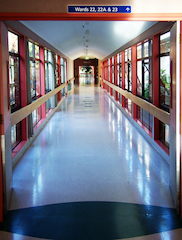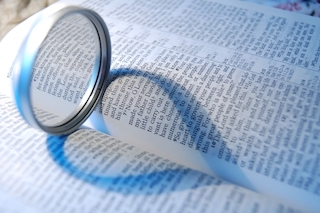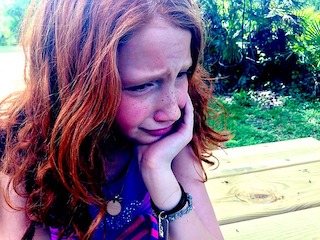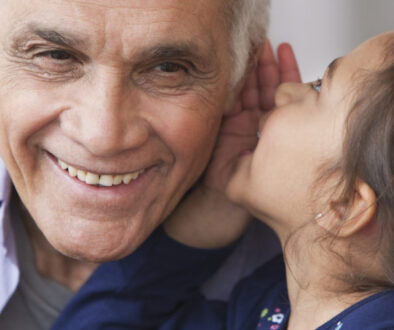Do you have unconscious bias against yourself?
Lenses or filters that create unconscious bias and misperceptions
As part of my Counselling Degree, I had to do two professional placements. For one of them, I worked five weeks full-time at a psychiatric hospital. I helped facilitate group work for patients with mood disorders – anxiety, depression, Obsessive Compulsive Disorder, Post Traumatic Stress Disorder, etc.
One thing that struck me was the lens of perception or filters – unconscious bias – that we look at ourselves and others through.

For example, a patient had to attend to a personal matter for a few hours one afternoon and because she had been admitted to the hospital a number of times in the past and had not fared well when a similar situation came up, the nurses assumed that the patient would come back ‘in a state.’
Having been with the patient in group for a few weeks, I had seen the change in her and wasn’t expecting that outcome. However, because I had little experience I wondered whether maybe I was being naïve.
When the patient returned to the hospital later that afternoon, she was fine and the nurses were surprised.
It made me reflect on the biases that we develop when we look at people and situations, and we all do it, all the time!
An example of unconscious bias
And here’s a really obvious example of what I mean.

Think about someone you really like, a good friend. Imagine they do something slightly ‘wrong,’ tell a fib, turn up 30 minutes late, don’t call when they say they’re going to, etc…
How would you feel?
Now, imagine that someone you dislike, maybe a work colleague that bugs you, does exactly the same thing? Now how do you feel this time? Are you inclined to find possible reasons for their behaviour and be understanding, or are you more likely to judge them?
It’s highly likely that we’ll judge them and ‘the offence’ will get added to the list of reasons why we don’t like this person and should expect the worse from them in the future.
We perceive our self and others through lenses with many misguided expectations and negative filters due to past painful experiences.
It’s a form of subconscious protection, but often not a helpful one because it sets us up for separation and disconnection – which can often lead to more anxious feelings!
Over the next couple of days, I invite you to notice when your unconscious biases or negative filters come into play – towards yourself and others.
What judgments or unconscious biases do you have around anxiety and panic or other health issues?
Right now, I’d like you to think about the self-judgment and criticism you have around panic and anxiety. Are you as understanding and forgiving towards yourself when you feel anxious and panicked as you are when you feel other emotions like frustration or sadness?
The answer is probably no.
How do we react if someone else judges or criticises us? Generally we go into survival mode in some way and feel defensive or aggressive or don’t say anything at all.
So, if you judge or criticise yourself harshly for feeling anxious or having a panic attack, you end up making the situation worse by firing-up your stress response even more!
I want you to think about your kids or children in general… Do they learn and grow more when you are critical, harsh or strict or when you are loving, kind and encouraging?

I always invite clients to treat the parts of themselves that are anxious and panicked the same way they would a sad hurting child.
Don’t let unconscious bias against your anxiety and panic deepen your hurt and fear!
We need to embrace those parts of us with compassion and start to expect the best of them, rather than the worst of them.





